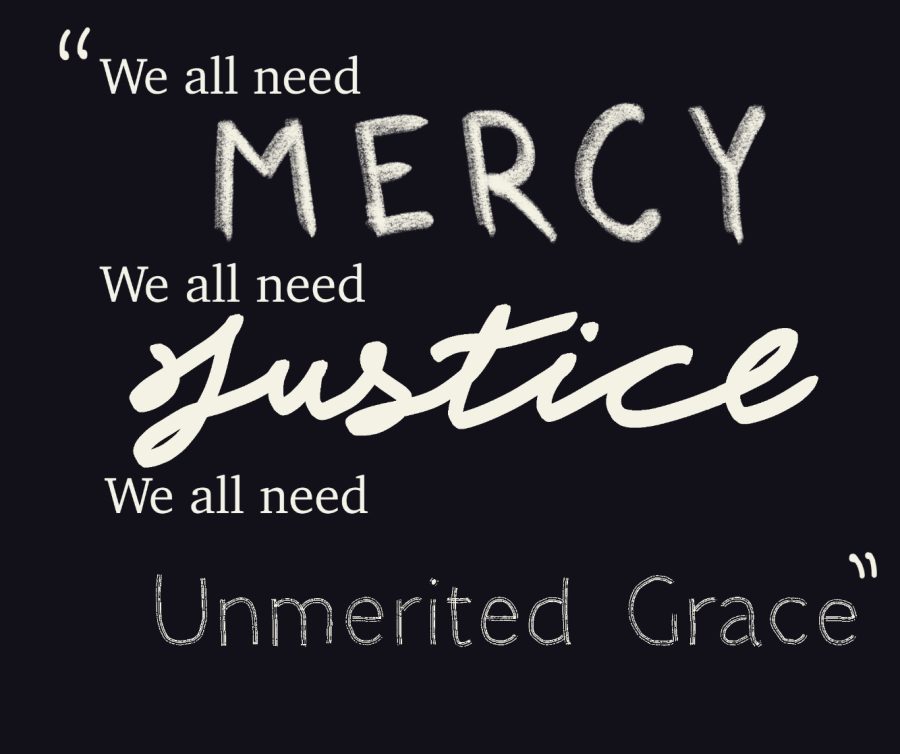Bryan Stevenson’s Just Mercy: A Powerful Memoir of Advocacy and Empathy
Falcon Rating: 5/5
Bryan Stevensons’ Just Mercy highlights the oppressive nature of America’s criminal justice system.
July 20, 2023
Just Mercy by Bryan Stevenson is a groundbreaking book that shines a light on the injustices and inequalities within the American criminal justice system. The book is a powerful and thought-provoking memoir that tells the story of Stevenson’s work as a young lawyer, and the cases that he has worked on in his fight for justice and equality.
At the heart of the book is the story of Walter McMillian, a Black man who was wrongfully convicted of the murder of a white woman in Alabama in the 1980s. Despite overwhelming evidence of his innocence, McMillian was sentenced to death, spending six years on death row before Stevenson and his team were able to secure his release.
Through his work with the Equal Justice Initiative, Stevenson exposes the ways in which the criminal justice system is designed to oppress poor and minority communities. He pulls no punches in describing the rampant systemic racism and corruption. Despite the challenges he faces, Stevenson maintains his belief in the power of compassion and humanity to bring about change and humanizes those whom we disregard and criminalize.
One of the most striking things about Just Mercy is Stevenson’s unflinching honesty about the realities of the criminal justice system in the United States. He exposes the ways in which the system is rigged against poor and minority communities and also weaves in his own personal story and struggles as a young lawyer trying to make a difference in a system that often seems rigged against him.
Reading Just Mercy by Bryan Stevenson has been an incredibly emotional experience for me. The stories that Stevenson tells are so powerful and moving that I often found myself having to put the book down at times just to process my feelings. The deep-seated cruelty that he exposes is deeply disturbing, and his accounts of the struggles that his clients have faced are heart-wrenching. Despite the difficult subject matter, Stevenson’s message of compassion and forgiveness shines through. His belief in the power of humanity to overcome even the most entrenched injustices is truly inspiring, and I found myself coming back to the book time and time again, unable to put it down for long.
Perhaps the most important message of Just Mercy is the idea that everyone deserves compassion and forgiveness, even those who have committed terrible crimes. Stevenson emphasizes redemption rather than punishment and retribution, and he shows how this approach can lead to positive outcomes for individuals and communities alike. Further, it is a call to action, urging readers to get involved in the fight for justice and never give up hope in the face of overwhelming odds. My favorite line from the book reads, “Fear and anger can make us vindictive and abusive…until we all suffer from the absence of mercy and we condemn ourselves as much as we victimize others. The closer we get to mass incarceration and extreme levels of punishment, the more I believe it’s necessary to recognize that we all need mercy, we all need justice, and perhaps, we all need some measure of unmerited grace.” I am certain that I will never forget the page number.










